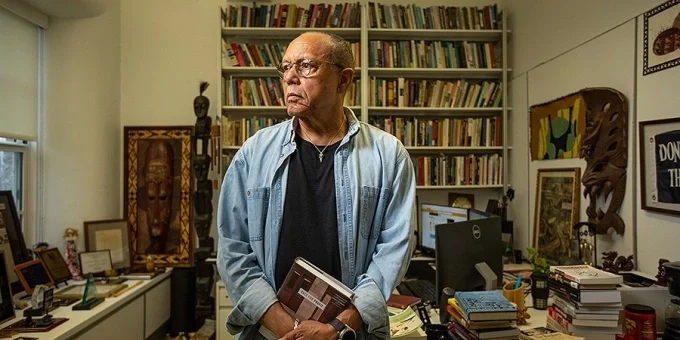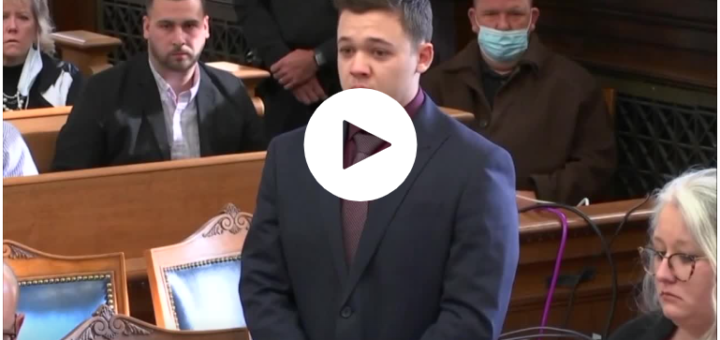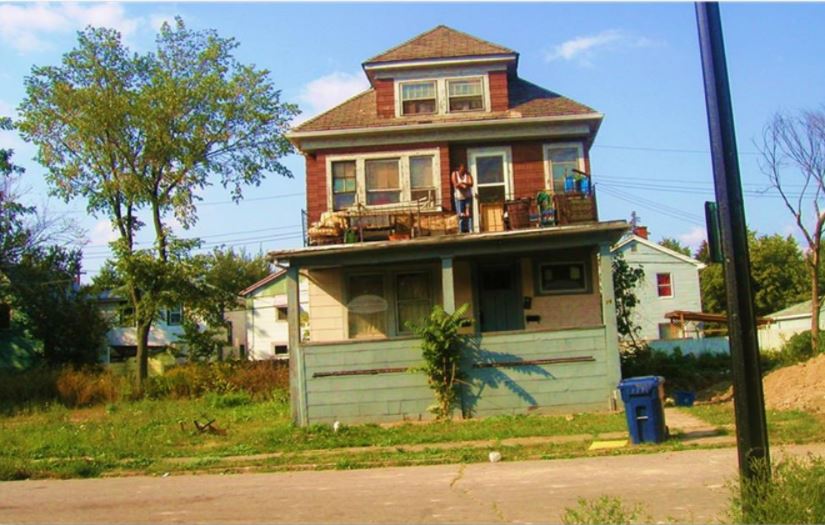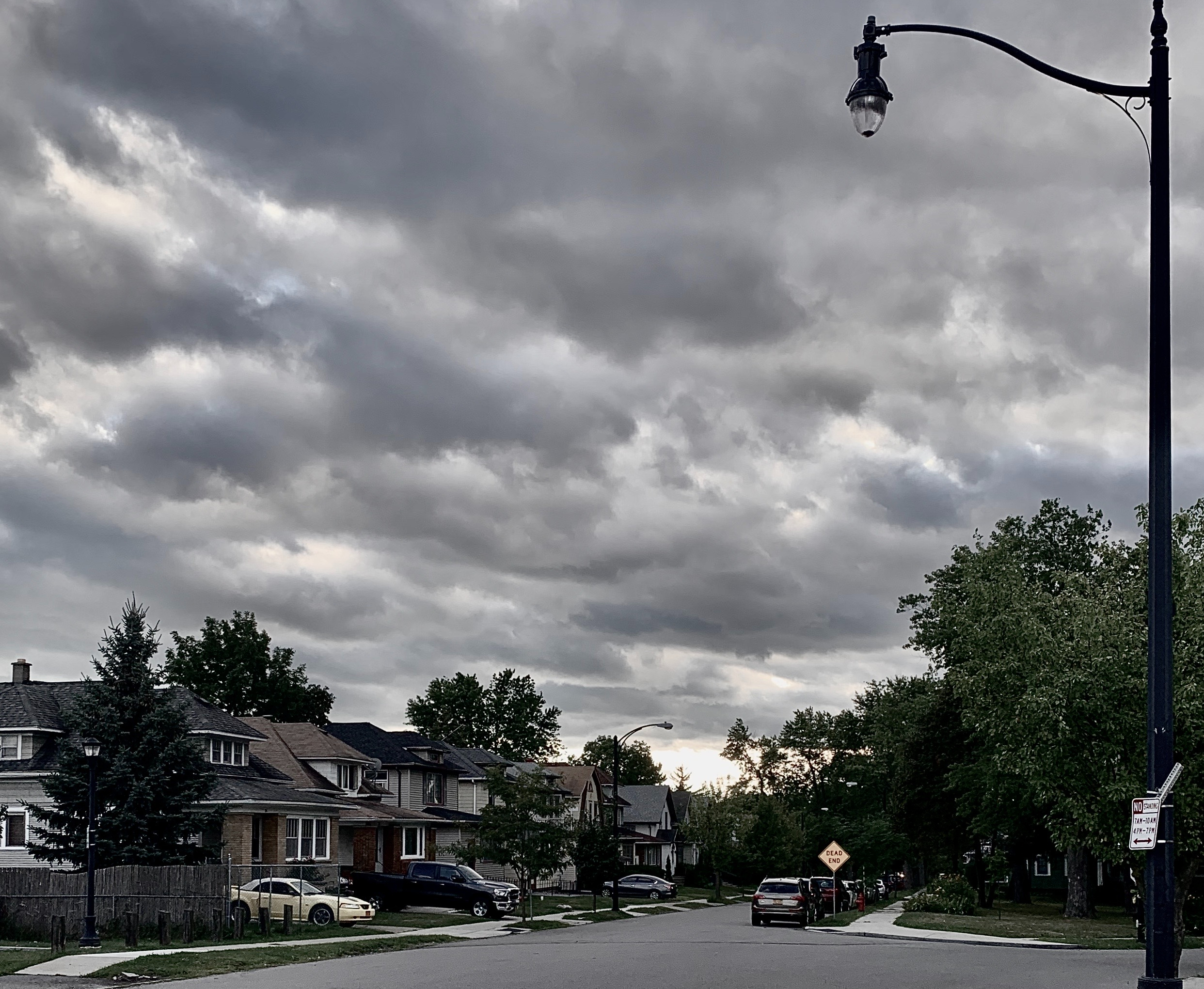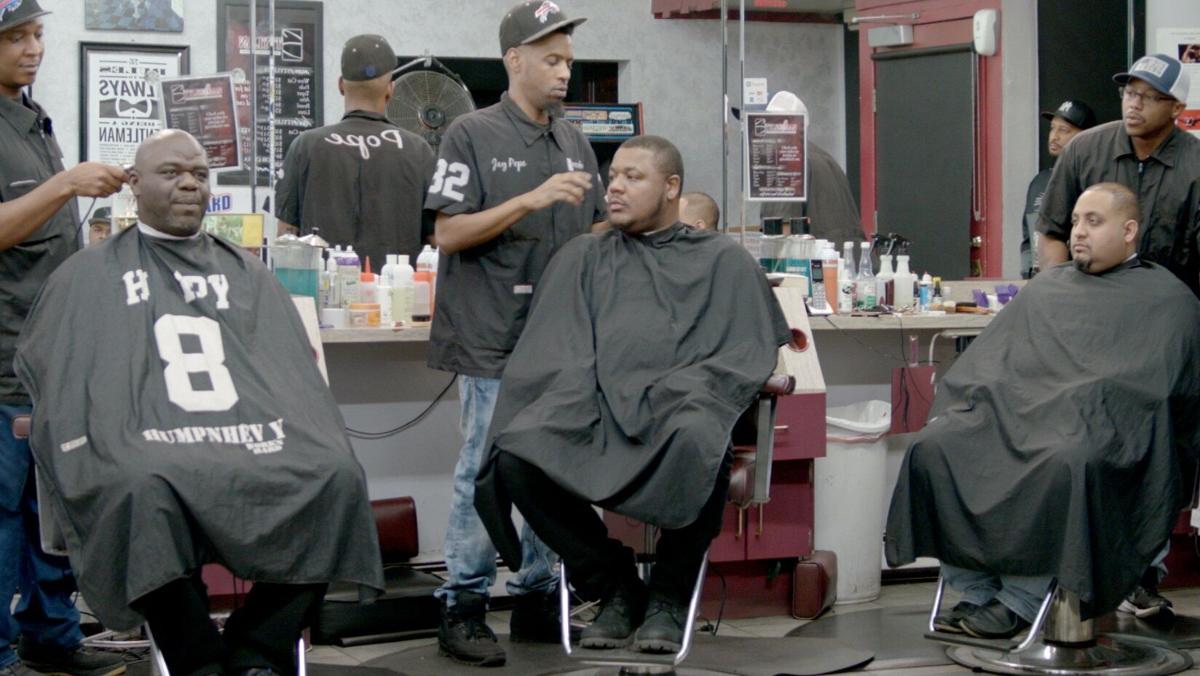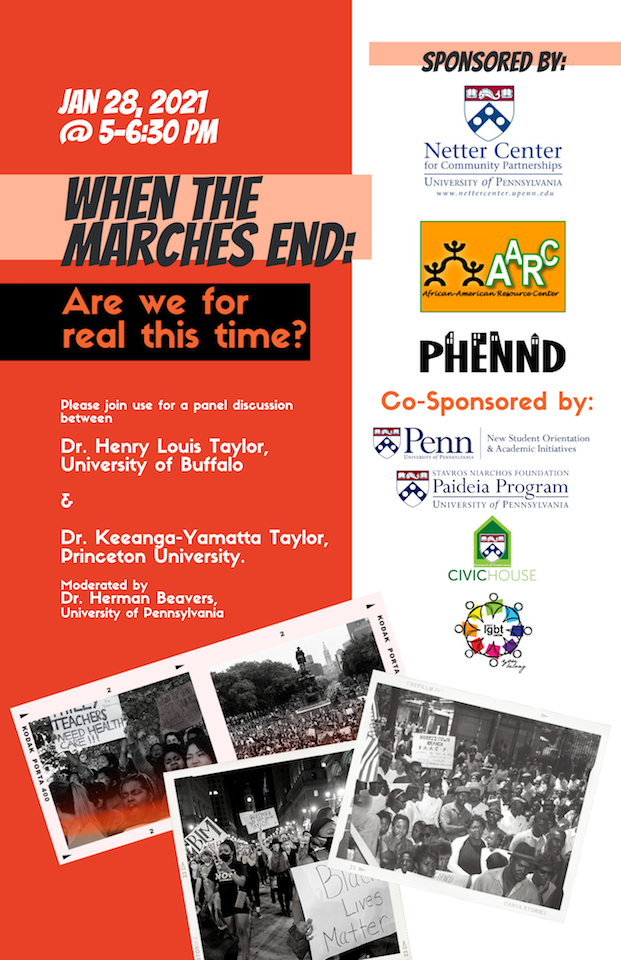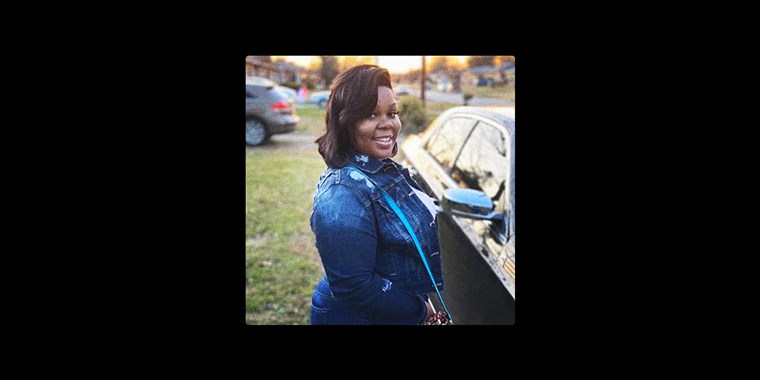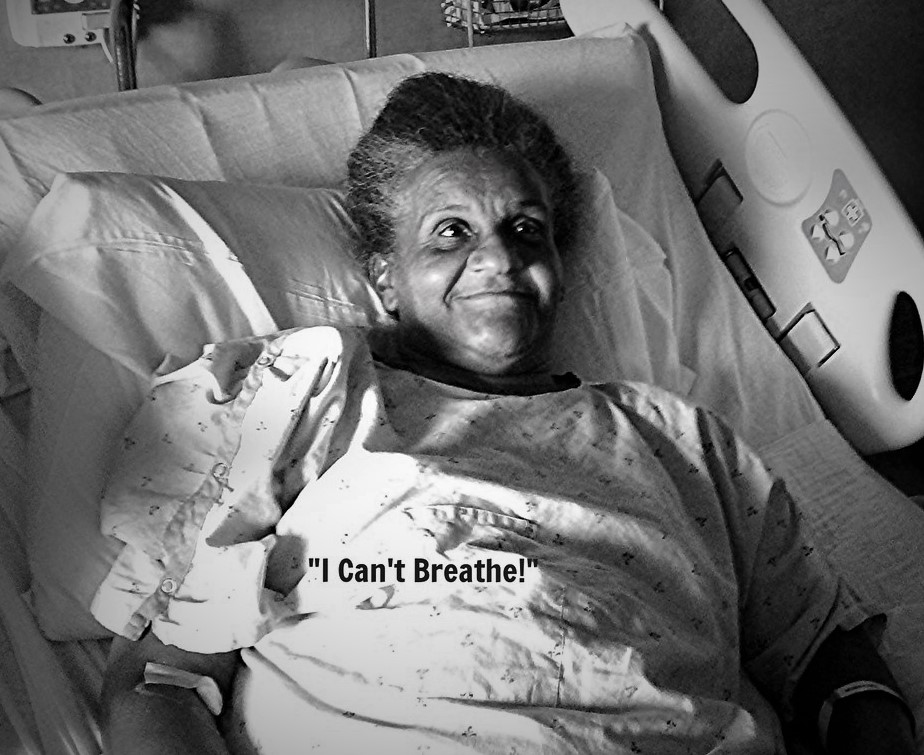By Henry-Louis Taylor Jr.
Read the full article here.
The We Charge Genocide petition poses a troubling question, “are African Americans forced to live under conditions that breed unnecessary hardship, suffering, disease, dying, and premature death?” In my presentation today, I argue that the city-building process produces racially segregated, marginalized, and under-developed neighborhoods that breed low-incomes, disease, dying, and premature death among African Americans. These unhealthy housing and neighborhood conditions, I maintain, are made possible by a legal framework consisting of vague housing laws and a lax building code enforcement system. Moreover, this legal framework and enforcement system allow predatory landlords to operate with impunity in underdeveloped Black communities. Market-driven residential segregation is the culprit that creates the context that enables predatory business activities to thrive.

